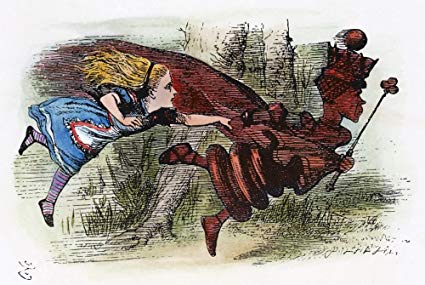It’s hard to say whether monogamy or polygamy is best for women, but the style of mating they engage in has a major impact on the amount of assistance they can expect when raising children. After all, committed partners can be a huge help in child-rearing for many species. That being said, human monogamy is special.
For instance, when it comes to female apes, there are generally two options: they either live in a multimale group in which they have sex with multiple partners, or they live alone with just one partner. Humans are different in that we’re the only monogamous “apes” that live in groups.
Having monogamous partners makes sense for us since a loyal mate doesn’t need to divide his time and resources between several families. Beyond that, having multiple partners doesn’t necessarily help women in the evolutionary long term, since their ability to reproduce is limited. Studies have even suggested that, on average, women aren’t as interested in sexual variety as men.
Indeed, the only reason certain female apes would choose to mate with multiple partners is to protect their children, because male apes will only kill children they know are not related to them.
However, even in monogamous relationships, looking for a lover on the side is only natural. Females of all species are compelled by a desire for a committed partnership, but also by access to the best possible genes. For this reason, the most beneficial system for them is monogamy with the option for affairs.
Consider the findings of zoologist Nancy Burley. She discovered that attractive male zebra finches are much less invested in raising their young. For this reason, the females find it most beneficial to have affairs with attractive males and have a reliable mate back at the nest.
And that’s not the only reason affairs are helpful; there’s also a higher chance of impregnation when sleeping with a lover. Female orgasms during sex boosts the chances of conception and, according to a 1980 study by the British zoologists Robin Baker and Mark Bellis, orgasms are more likely to occur within extramarital affairs.
